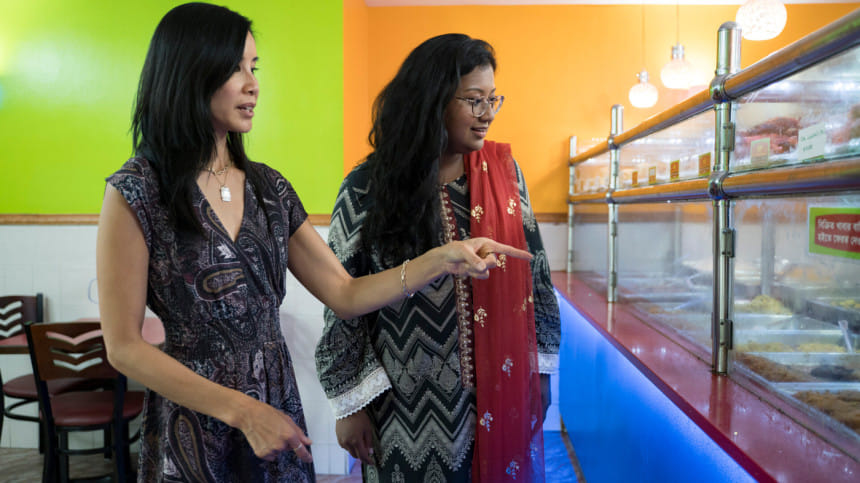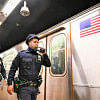"Take Out with Lisa Ling" shows the Bangladeshi American Dream

The United States is home to around 800,000 Bangladeshi Americans. The notion of the "American Dream" inspires them all to work hard and prosper in a society budding with opportunities.
New York has been the hub of Bangladeshi Americans since the 1970s, with the major concentration of the Bangladeshi community scattered across the Bronx, Brooklyn and Queens. Today, Bangladeshis are one of the fastest growing Asian immigrant groups in the country.
From Uber drivers to shop/restaurant owners, from teachers to engineers and doctors – Bangladeshis in the US are all of these. Yet, they are not always clearly distinguished from Indians and Pakistanis. Many do not know about Bangladesh on the map, let alone understanding the culture of the people who live there.

Episode 4 of the HBO Max docu-series Take Out with Lisa Ling, which features Bangladeshi cuisine, does some work to change this. In the show, American journalist Lisa Ling goes across different parts of the US and explores the Asian cuisines and culture present there. The show goes beyond cuisine, and delves into the history of how these Asian cultures made into America after years of struggle, but are now an integral part of the rich American diversity.
In the episode titled "Land of Rivers", Lisa travels through New York City. She talks to Bangladeshi restaurant owners and gets to know their stories of coming to the US and struggles as immigrants to run a restaurant, representing a country that most natives are oblivious to.
Lisa meets with actor and writer Alauddin Ullah, who shares his father's story of coming to the US. Alauddin's father came to New York as an undocumented immigrant in the 1930s, and eventually opened up his restaurant "Bengal Garden". He reflects upon his father's strong pride in being Bangladeshi as he never chose to identify his restaurant as Indian or relate it to any other culture than Bangladeshi, even though it meant his restaurant did not perform well sometimes.
Next, Lisa ventures out to Korai Kitchen in Jersey City, New Jersey. Nur-E Farhana Rahman and her mother Mrs Rahman opened the restaurant in 2018 to make Bangladeshi home-cooked food. Throughout the course of their conversation, over lunch, they taste different bhortas and fish curry.

Both Mrs Rahman and her daughter talk about the under representation of authentic Bangladeshi food there, and the reason why they have the "NO Chicken Tikka Masala" sign on the wall. Nur-E Farhana talks about how she contacted UberEats to make a "Bangladeshi" food category in the app.
The episode returns to Jackson Heights, in Queens, where the Bangladeshi cuisine is incomplete without street food, and two food-cart owners talk about the fuchka and its popularity among Americans and Bangladeshis alike.
Before ending, the episode shows Lisa in conversation with Shahana Hanif, a Bangladeshi American, and the first Muslim woman elected in the New York City Council. Shahana advocates for the rights of delivery workers, an industry that employs a lot of Bangladeshis.
Bangladeshi culture (and cuisines) in the US have long been overshadowed and often treated as a subset of Indian culture. This episode represents the stories of the immigrants striving for the Bangladeshi American dream while proudly donning the badge of their nationality.
Send Tahmim series and book recommendations at [email protected]

 For all latest news, follow The Daily Star's Google News channel.
For all latest news, follow The Daily Star's Google News channel. 








Comments